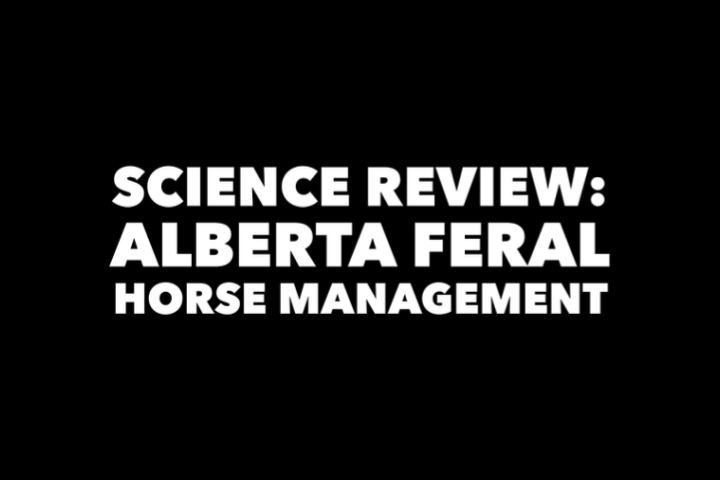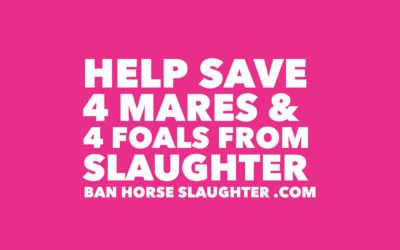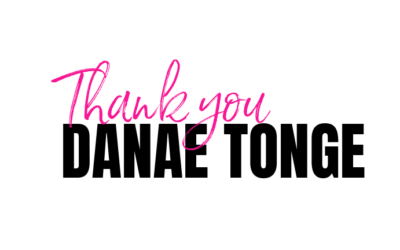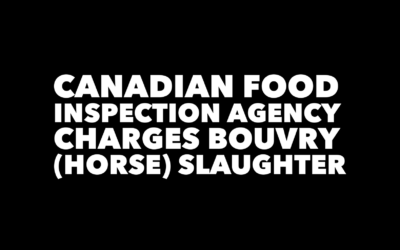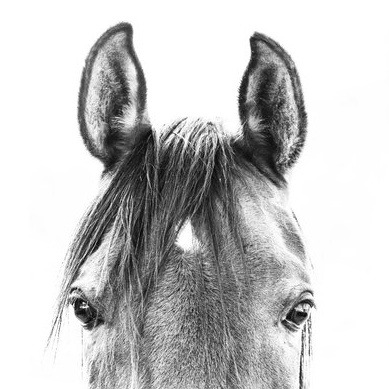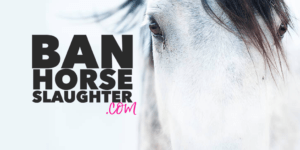ABOUT THE AUTHOR
As a long-practicing registered professional biologist (RPBio) in British Columbia, I have had a wide range of experience in wildlife research, environmental impacts, cumulative effects analysis, and management/conservation issues in western Canada. I have headed numerous research projects, including on Chilcotin free-roaming horses, mammal inventory in Yoho National Park, grizzly bears, black bears, western toads, mountain goats, Roosevelt elk, spirit (Kermode) bears, and other species. I am well familiar with the ecology of the Alberta Foothills having mapped and studied grizzly bear habitat in Kananaskis Country for three years with Dr. Stephen Herrero, and for producing a report for Alberta Fish and Wildlife on the history of the grizzly bear in K-Country. In Alberta, I was also a waterfowl researcher on the first environmental impact study of the Athabasca Tar Sands (Syncrude), and a wildlife researcher on a gas pipeline from Chief Mountain Alberta to Trail, British Columbia.
I have conducted considerable ungulate research, including on barren-ground caribou, bighorn sheep, Roosevelt elk, and mountain goats. In 2015/2016, I carried out a professional review of feral horse management in Alberta.
Over the past 20 years, my research on wild horses in the BC Chilcotin has included field research on habitat use and response to wildfires, as well as genetic studies. I have also worked with the Xeni Gwet’in-Tsilhqot’in Nation on a wild horse management plan and guidelines for wildlife and wild horse tourism viewing. I recently published a book on my wild horse research titled The Wild Horses of the Chilcotin: Their History and Future, which won the 2024 Basil Stuart-Stubbs Prize for the best scholarly book by a Canadian author on a BC subject. It was given a starred review by the US Booklist for a work judged to be outstanding in its genre.
I have produced over 100 wildlife reports, including a number of publications in peer- reviewed journals. I have produced or co-authored three reports on Chilcotin wild horses and have been a co-author of two peer-reviewed scientific papers related to wild horses, one on the diet of Chilcotin wolves and the other on the spread of the domestic horse across the Americas, which won the prestigious 2024 AAAS Newcomb Cleveland Prize for outstanding contribution to science.
Cover Photo by Duane Star Photography


No Results Found
The page you requested could not be found. Try refining your search, or use the navigation above to locate the post.
WE ARE CURRENTLY RAISING FUNDS IN SUPPORT OF...
With your help we've saved 16 horses in the last few months -- horses who would otherwise have been shipped directly to slaughter -- and we currently have room to save 4 more.
Thank you to all who have so generously contributed!
UPDATE JAN. 18, 2025: It’s been a challenging whirlwind but 16 horses have been saved, 2 placed in permanent homes which means we have room to save 4 more!
Of course, the initial expense of buying horses from First Nations (or kill buyers) so they are not shipped to slaughter is not the biggest nut to crack. Hay, feed, vetting, farrier, and other costs are needed in addition to funds to initially purchase horses to prevent them from being shipped to slaughter - or being left to languish in pens awaiting the same fate.
We always hate to ask but if you are able to help we would love to be able to fill each of the foster homes before these groups of horses are shipped.
Again, we can’t save them all but with your help we can save a total of 20!

T-SHIRTS IN SUPPORT OF HORSE RESCUE FUND
LIMITED TIME OFFER FREE SHIPPING CANADA & USA
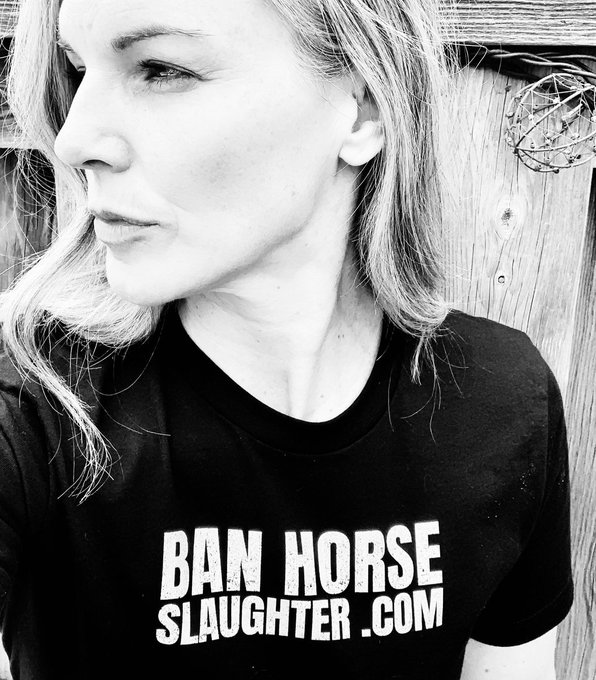
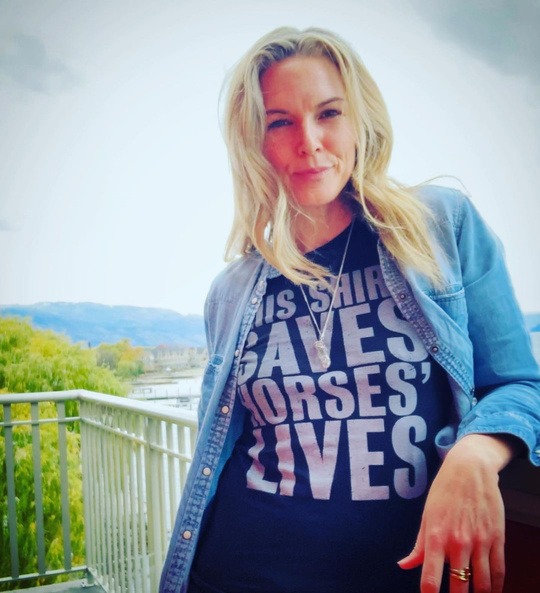
CANADA SLAUGHTERS HORSES FOR HUMAN CONSUMPTION
It may be hard for some to believe that tens of thousands of horses, including pets, are routinely slaughtered in Canada, for human consumption.
Some of the meat is consumed in Canada and much of it is shipped to the European Union and other markets, including Japan.
The barbaric slaughter of horses is currently not legal in the United States, BUT horses, including pets and ex-racehorses, from the United States are shipped to Canada and to Mexico to be slaughtered.
In addition Canada allows for the transportation of live horses to Japan, to be slaughtered for human consumption, and unfortunately the transportation of horses destined for slaughter within Canada, and by air, is far from humane.
URGENT: HELP SAVE 8 HORSES FROM SLAUGHTER
JAN. 18/25 UPDATE: THANKS TO YOUR HELP 16 HORSES ARE SAFE (2 NOW IN PERMANENT HOMES) BUT WITH YOUR HELP WE HAVE ROOM TO SAVE 4 MORE. BOUVRY IS SLAUGHTERING HORSESFirst, let's start with the fact that the Bouvry slaughter plant in Alberta is STILL slaughtering horses....
DANAE TONGE
DANAE OF MANITOBA ANIMAL SAVE STRIKES AGAIN!Okay, you'll recognize Danae Tonge from at least one video we've featured many times... A CBC National News broadcast covering the inhumane live export of horses from Canada by air for the purpose of slaughter in Japan (and...
CANADIAN FOOD INSPECTION AGENCY CHARGES BOUVRY
COURT DATES JANUARY 6 - 17, 2025 DECEMBER 13, 2024: We continue to hear that Bouvry in Fort MacLeod has closed. That rumour, a misinterpretation of a post by a well known and much respected by us group persists. The main FEEDLOT - which is not adjacent to the plant...

